
- Inspiring People -
- 3mins -
- 391 views
Sounds of Change – helping children in refugee camps feel like children again through music
Dutch non-profit Sounds of Change foundation trains aid workers and teachers to integrate music as an empowering tool in their work with children in post-conflict areas, and provides a safe space where children can learn and freely express themselves.
Sounds of change uses the power of music to train strong community builders
Music changes the world because it changes people. This is the belief of Lucas Dols, founder of Netherlands-based non-profit Sounds of Change. The foundation reaches out to humans living in challenging circumstances. For these people, words often are not enough to express themselves. To deal with heavy emotions, and feel safe again, another approach is needed. Music bonds people and is a powerful tool to express yourself in a safe way.
Making music stimulates creativity and appeals to the imagination. Composing music leads to discovering other possibilities, and it strengthens coping mechanisms. Being creative also awakens the understanding that there are always opportunities to build a future. Even if you are living in the middle of war, a devastated city or in a refugee camp, as we see in the video below.
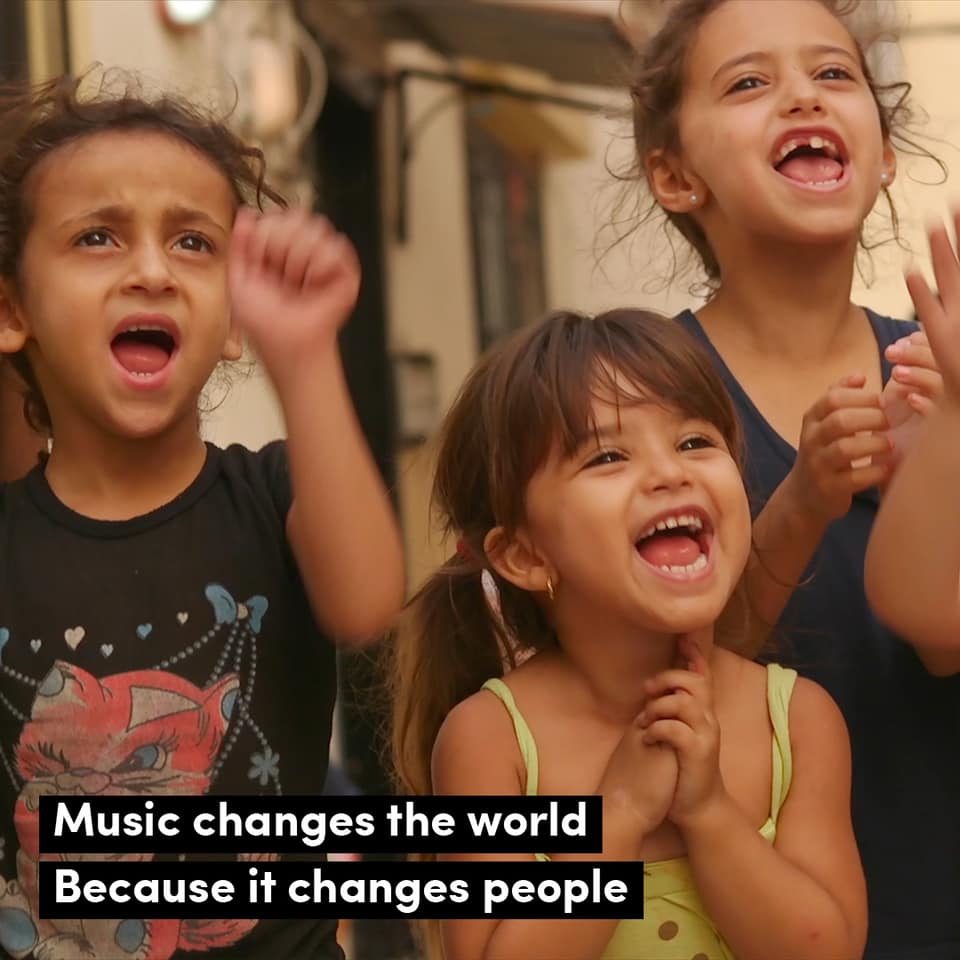
Training Change-makers: the community leaders of tomorrow
Sounds of Change was founded in 2017, with the aim to find and train change-makers of the future – the new community leaders. The foundation uses music to train adults and youth of all ages from local partner organisations (schools, NGO’s, community centers) in areas of conflict, so they can strengthen their communities on the ground. It is people from the communities who are best equipped to do the work; they speak the language and know the culture; they are the role models for children and other youth. Currently Sounds of Change works in refugee camps and marginalised communities in Lebanon, Jordan, Egypt, Iraq, Palestine (Westbank) and the Netherlands.
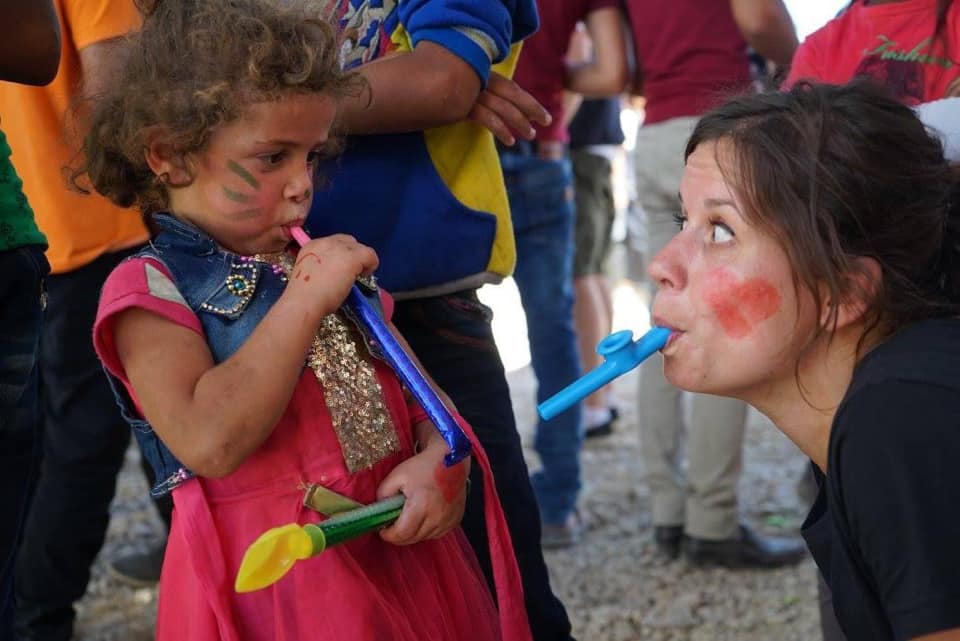
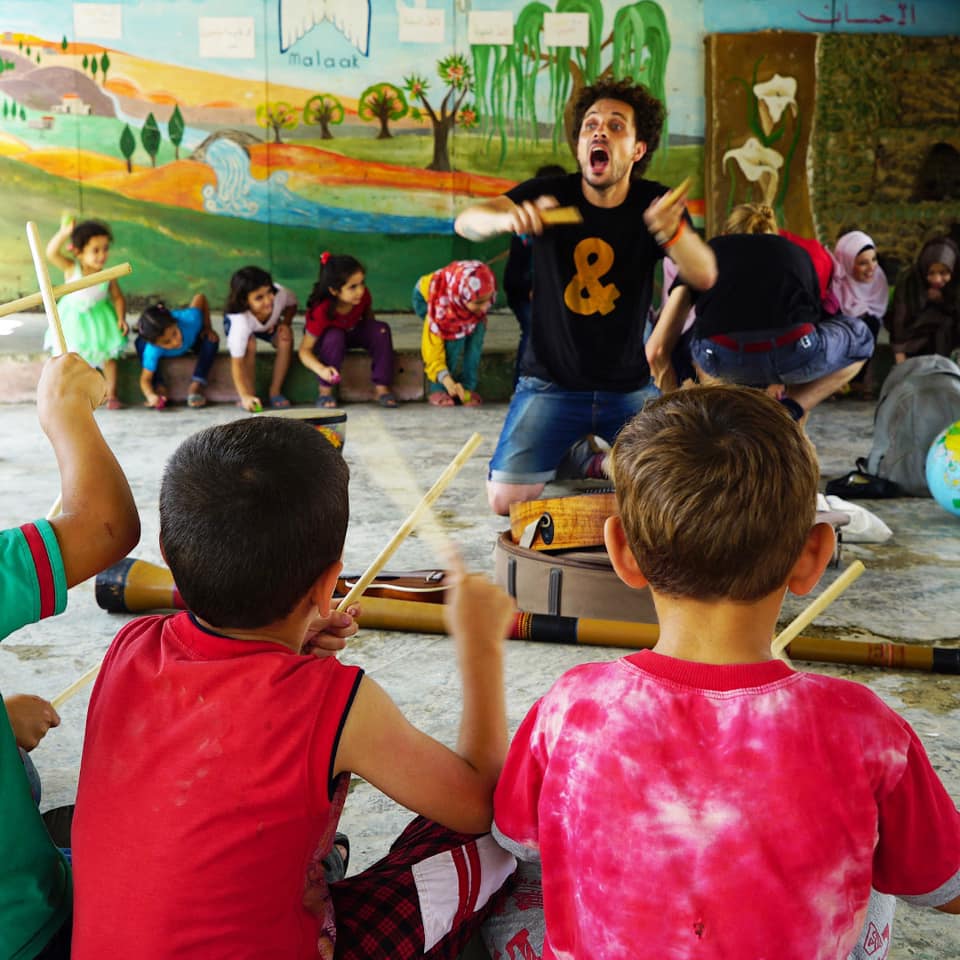
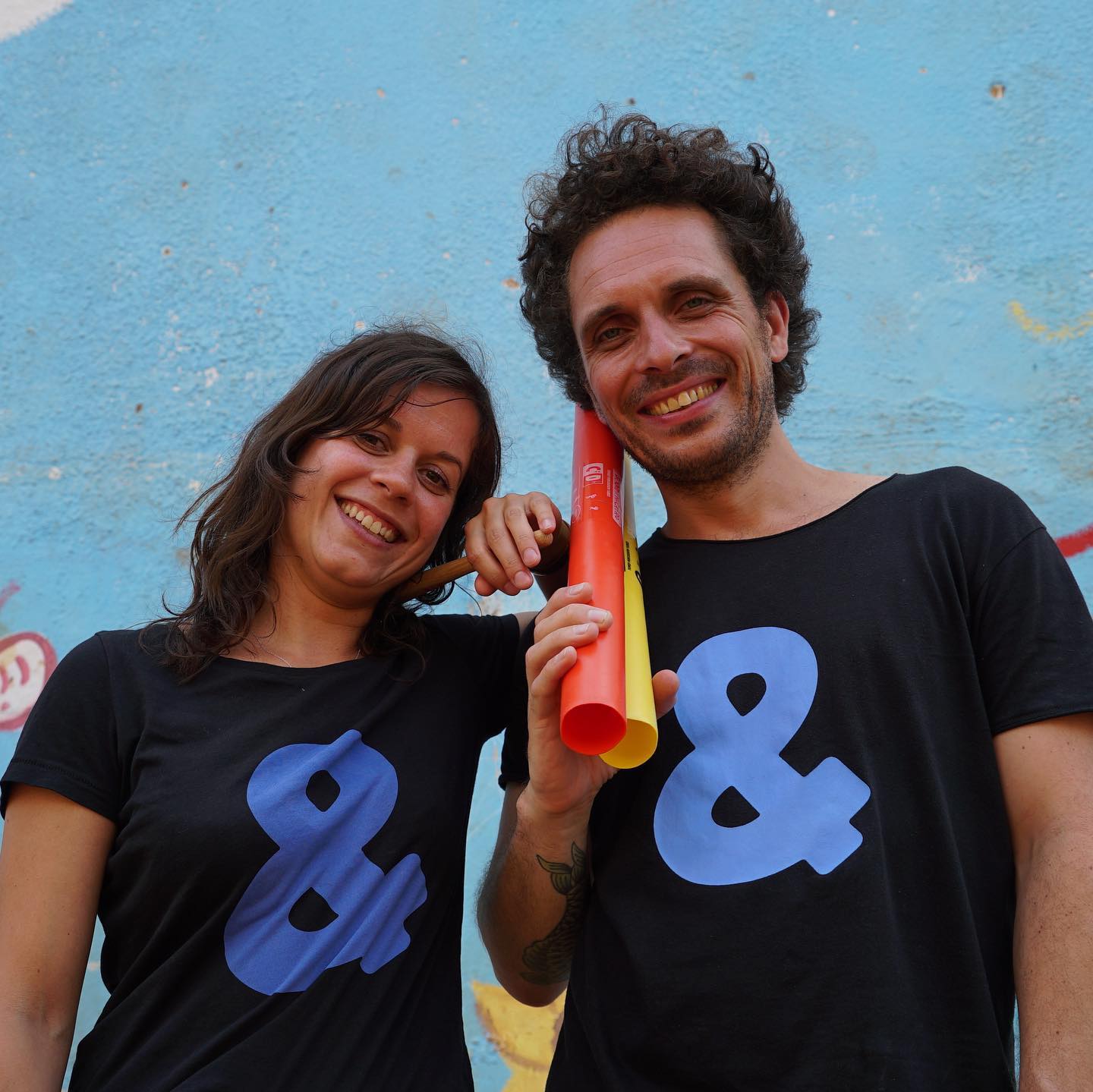
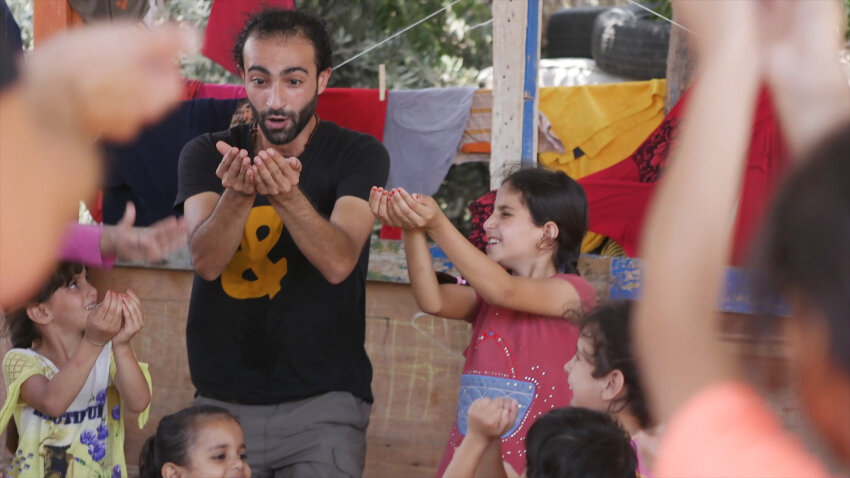
Music is the freedom to express yourself. Music is the freedom to be who you are. Everyone has that right, but not everyone has access to it. That has to change. Today. LET’S MAKE THE SOUNDS OF CHANGE Source: Facebook/BrightVibes

